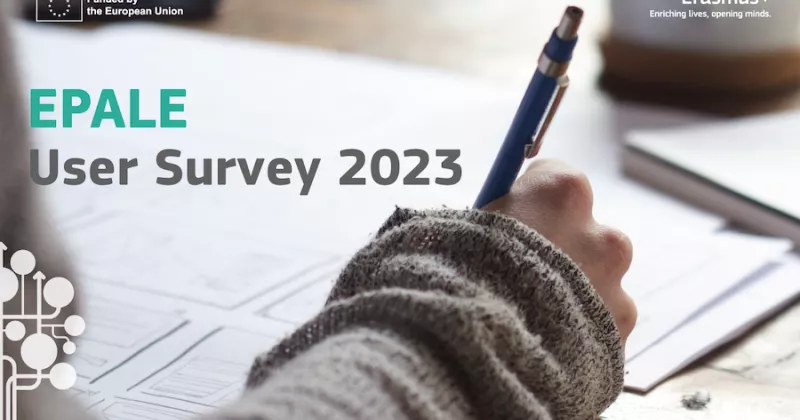Learner Stories: Learning for the Fourth Age


What are the benefits of upskilling an older generation in developing digital skills? EPALE UK finds inspiration from learner stories. We take a look at Resilience: Stories of Adult Learning and the examples of learner journeys and the role of lifelong learning and adult literacies as part of EPALE Digital & eLearning thematic month.
Resilience: Stories of Adult Learning is supported by the Festival of Learning and published and edited by RaPAL (Research and Practice in Adult Literacies) and ACAL (Australian Council for Adult Literacy).
The following extract from Resilience: Stories of Adult Learning, originally edited by Tara Furlong and Keiko Yasukawa, has been shortened for the purpose and use of EPALE UK.
H, Learning for the Fourth Age
H is a gentleman who referred himself to us with a very specific need. H was recently bereaved and had found himself dependent on family to do his shopping for him, which he was not happy about. He has poor mobility and lives on the second floor of managed retirement apartments. Again a home assessment visit was made to find out that H was a retired headmaster with experience of coordinating a business providing one-to-one language learning for foreign government workers.
H had a laptop but did not know how to use it. He wanted to be able to use this to communicate via email with friends and family. He also wanted to be able to do online shopping so that he was independent as much as possible and not reliant on other people to do his shopping for him. He was also clear that he wanted to be able to shop for whatever he wanted – not always what others thought he needed! H worked with the Domiciliary Coordinator, and then with a volunteer, over the space of approximately six months.
Over this time, he gained increasing confidence with the computer: with email and then the internet and with shopping online. By the end, he was independent with all of this – able to order groceries, books, presents for loved ones, search for interests and even start getting to grips with social media and blogs. H has also been able to use the internet to research and, for example, learned he was to receive some medals that had been recently awarded to all members of the Arctic Convoys during WW2.
This knowledge has given H a new lease of live and independence. Not only has he found that he is now able to keep in touch with family and friends, do his shopping etc. He has been given a voice and social network online and has made a firm, intergenerational, friend with the volunteer who is able to continue supporting him occasionally – even via Skype.
In this case, the key observation to make for the success was the very specific skill matching of the volunteer (an IT lecturer at the university) to the learning required and a knowledge of the person we were providing the learning to. The volunteer gave weekly or session feedback regarding the progress made, the problems encountered and any challenges set so we have a record of the work done. Regular evaluation visits were also carried out every five to six sessions to ensure that the brief was being fulfilled. The sessions received 100 out of 100 for effectiveness, value for money and the quality of the volunteer from H!
Feeling inspired? Read further learner stories by clicking the link here.

RaPAL is the only UK-wide organisation that focuses on the role of literacies in adult life. We promote effective and innovative practices in adult literacies teaching, learning and research; and support adult literacies practitioners and researchers. We enjoy engaging in debates that touch on English language and literacy, numeracy and digital skills across homes, communities and workplaces. Through our members, digital journals, conferences and fora, policy and advocacy work, we are active in Europe and have international links. We outline what we offer as well as how you can get involved.



